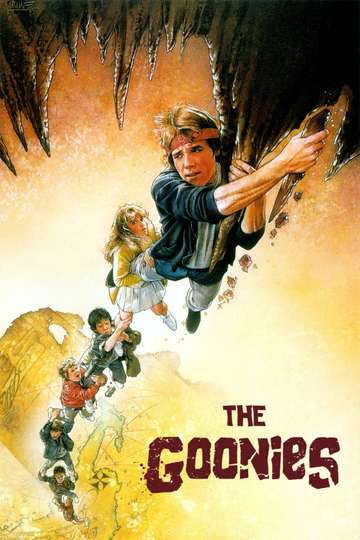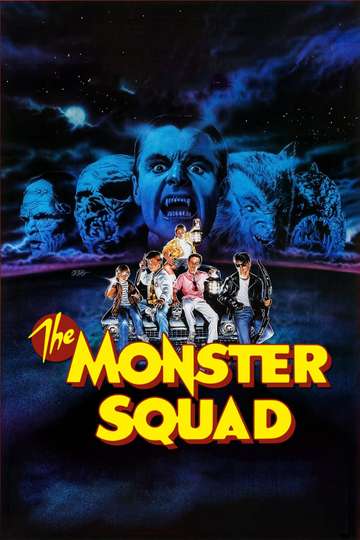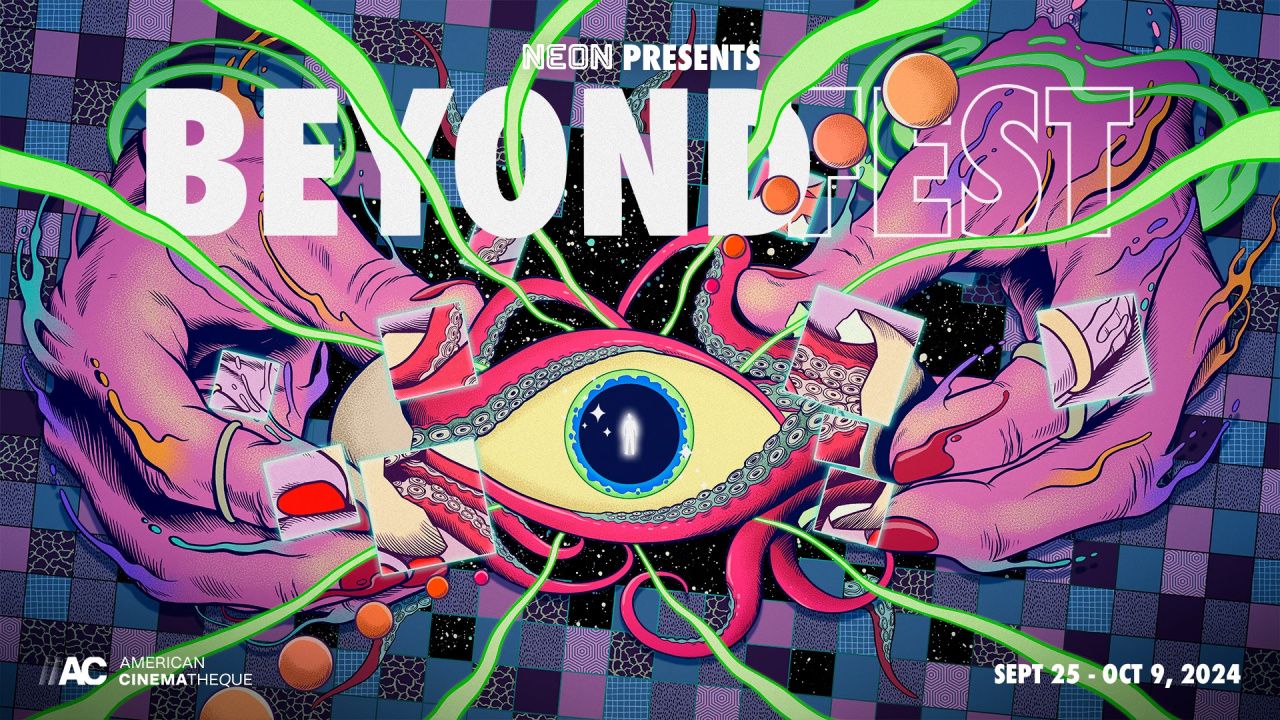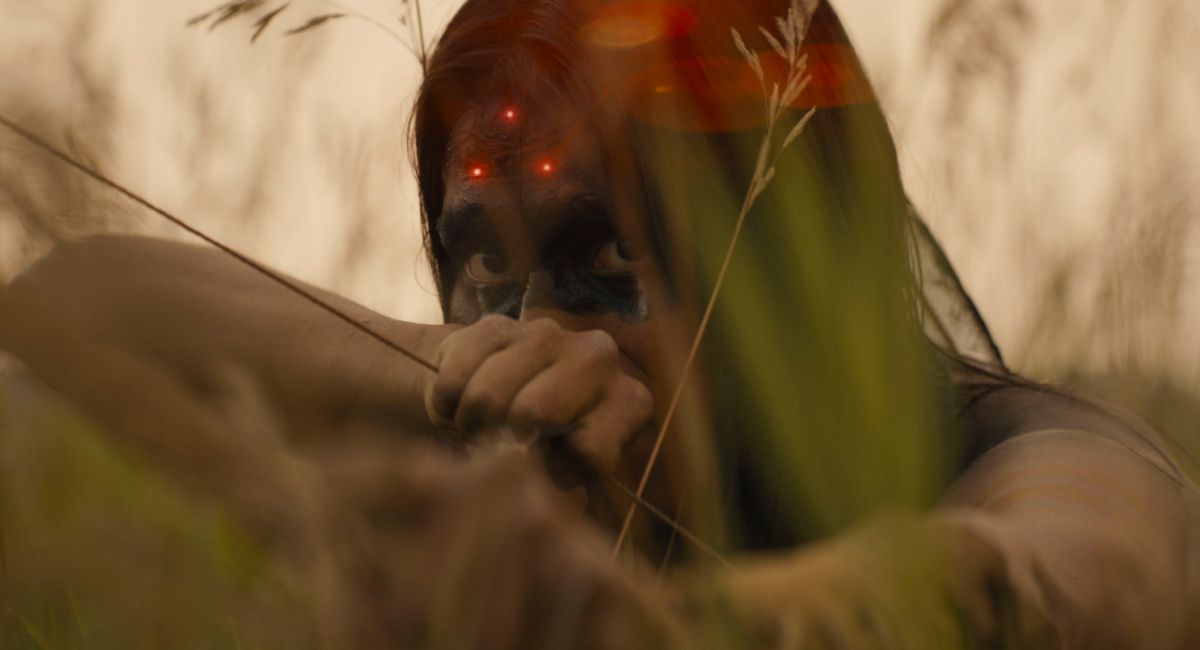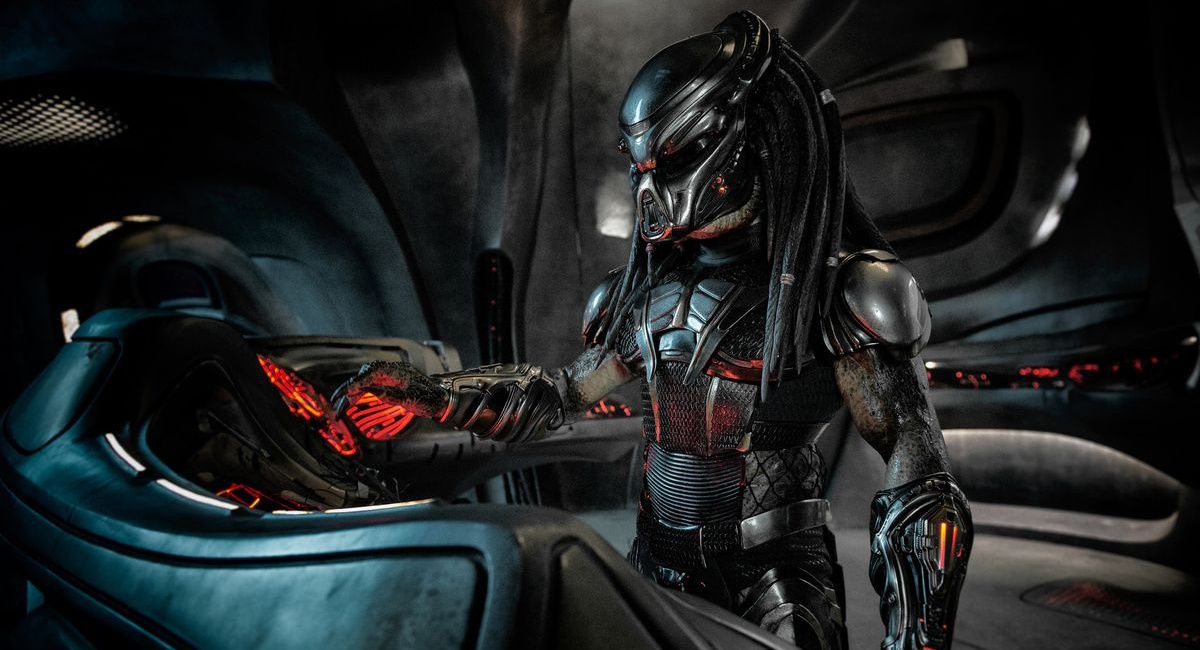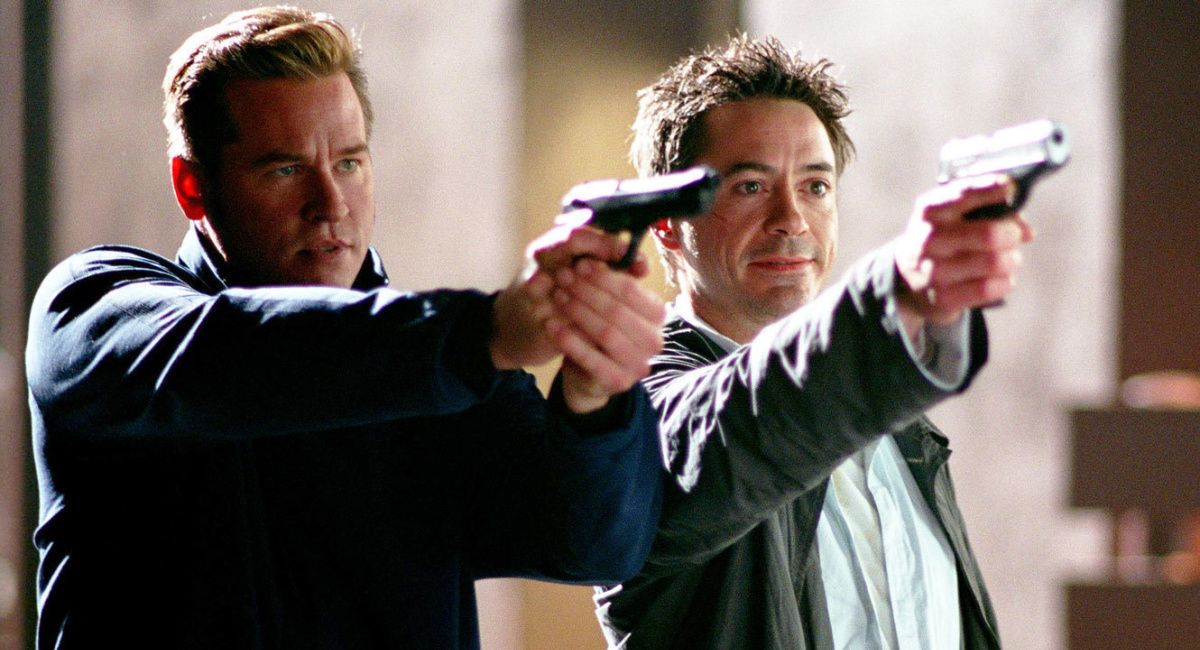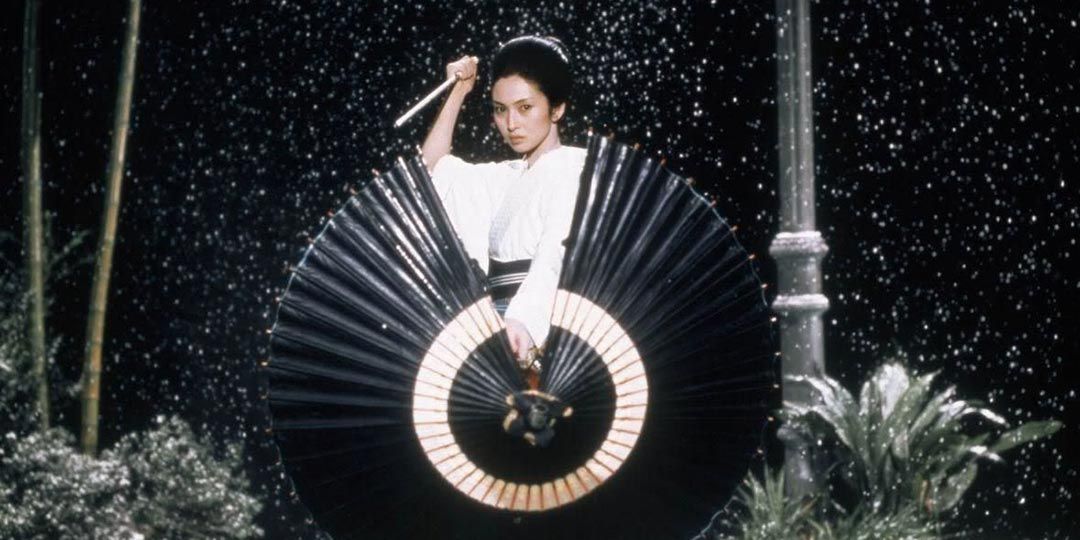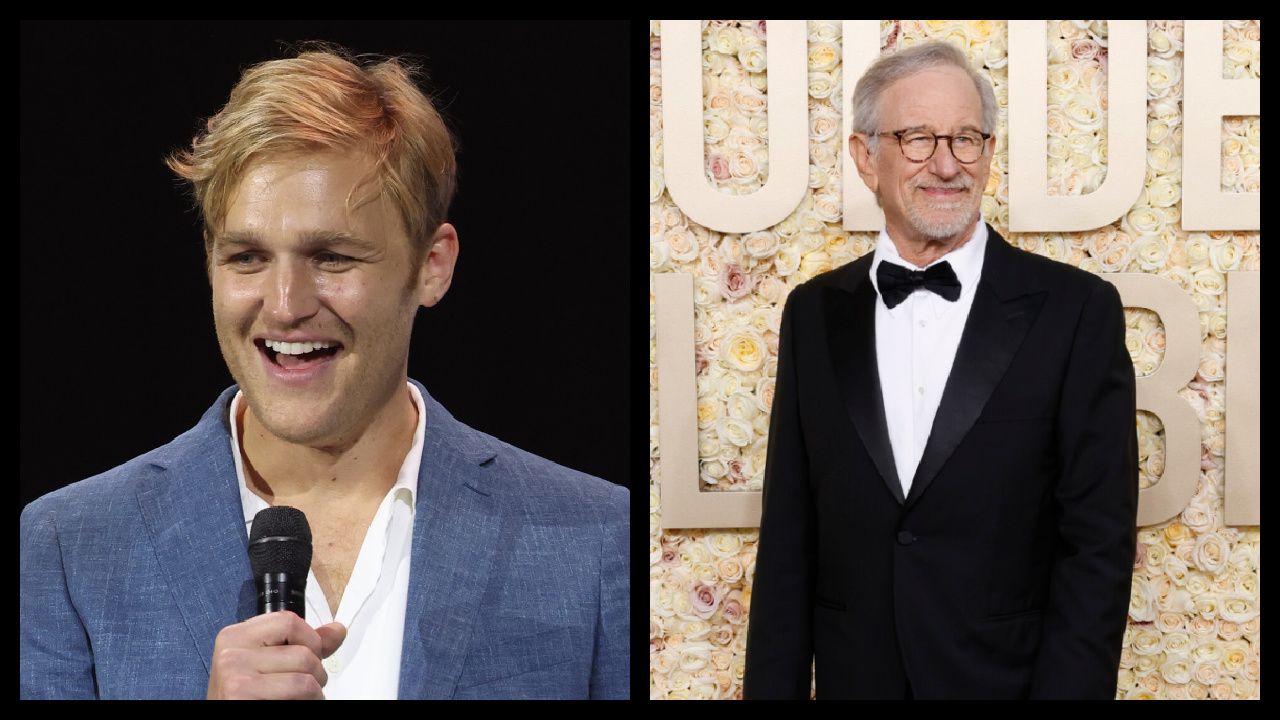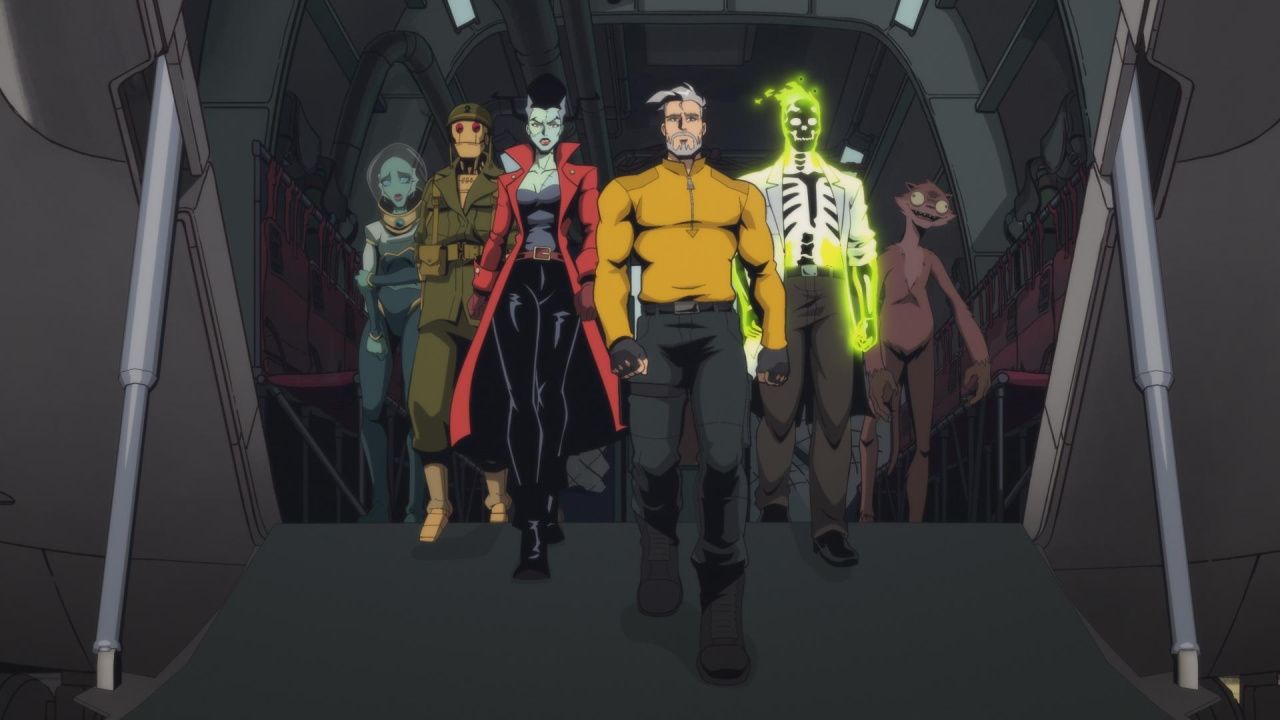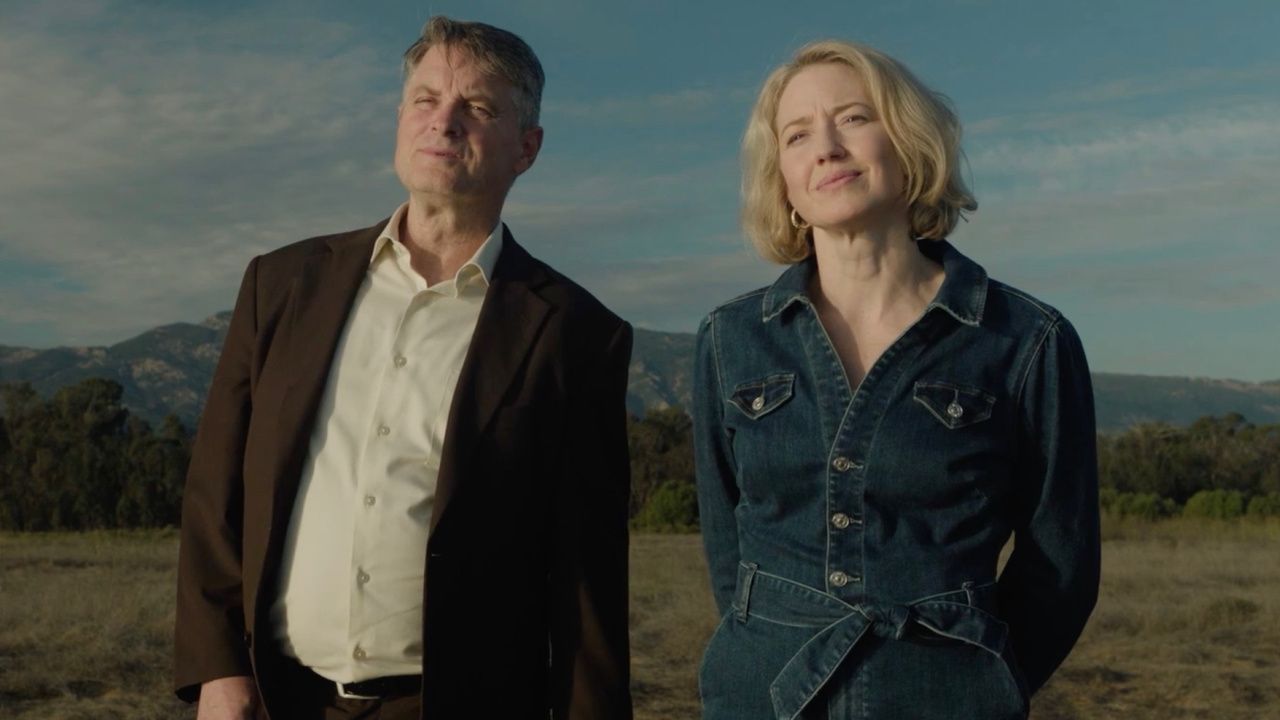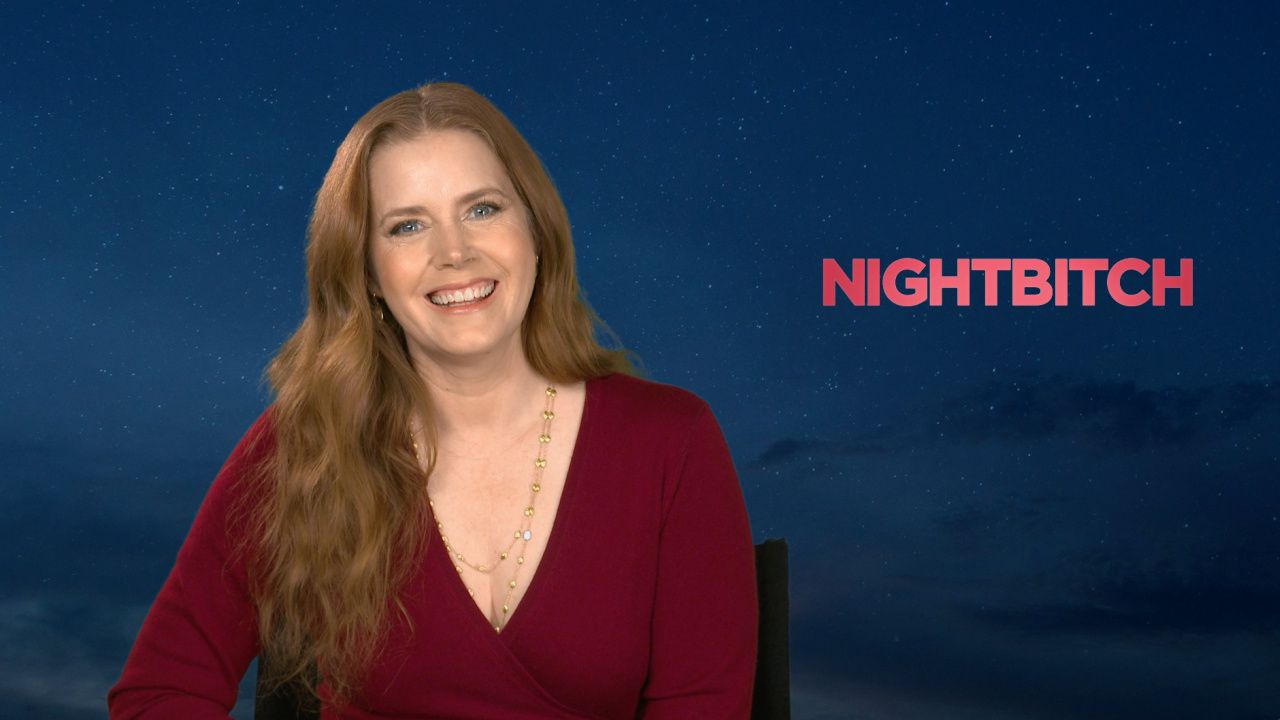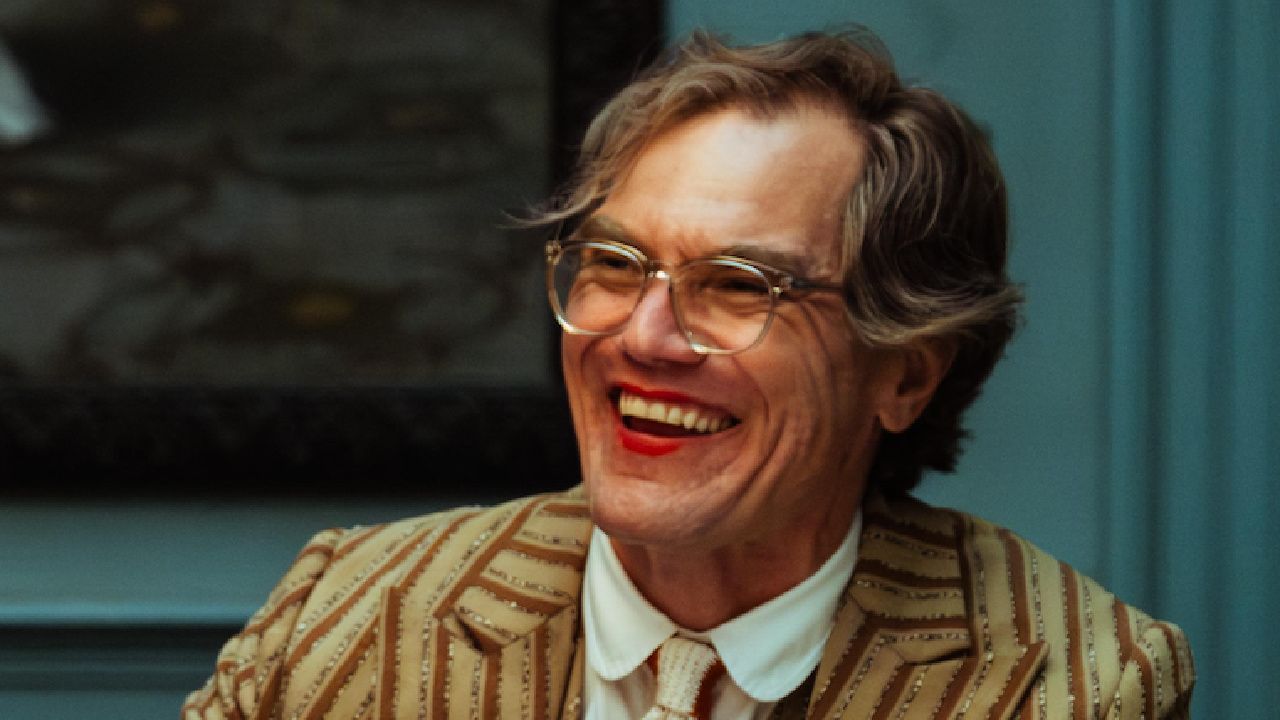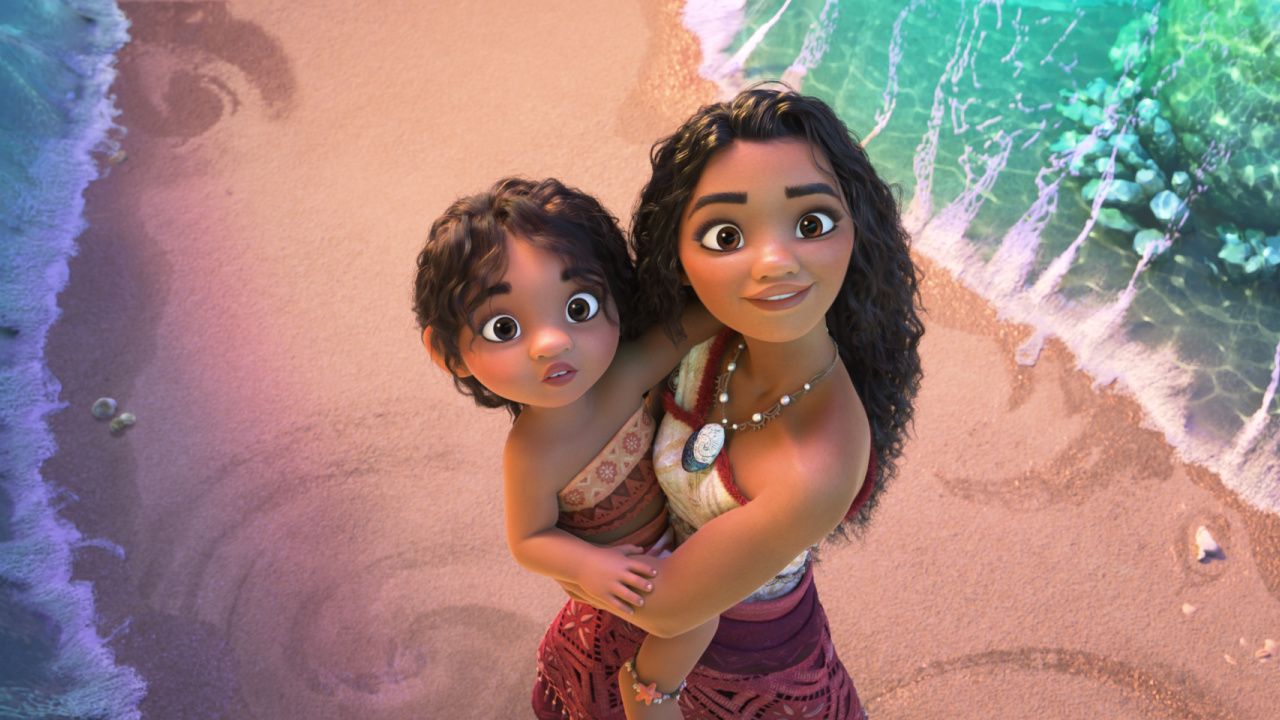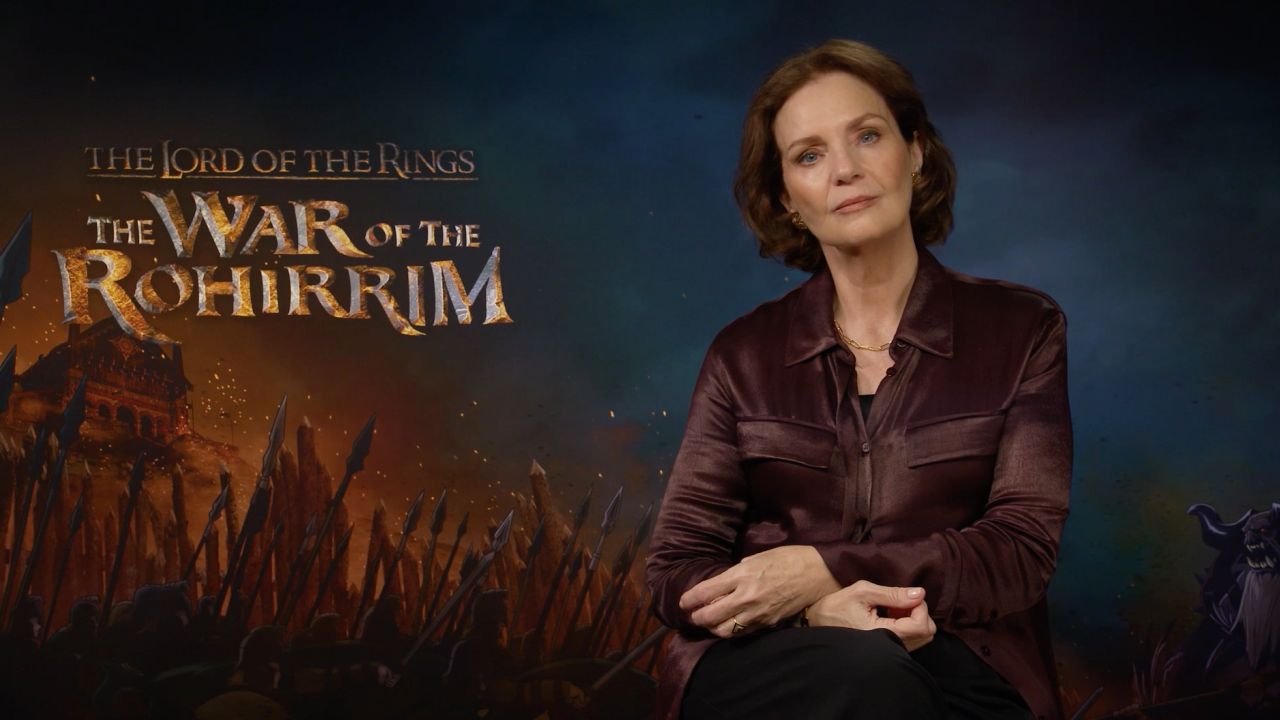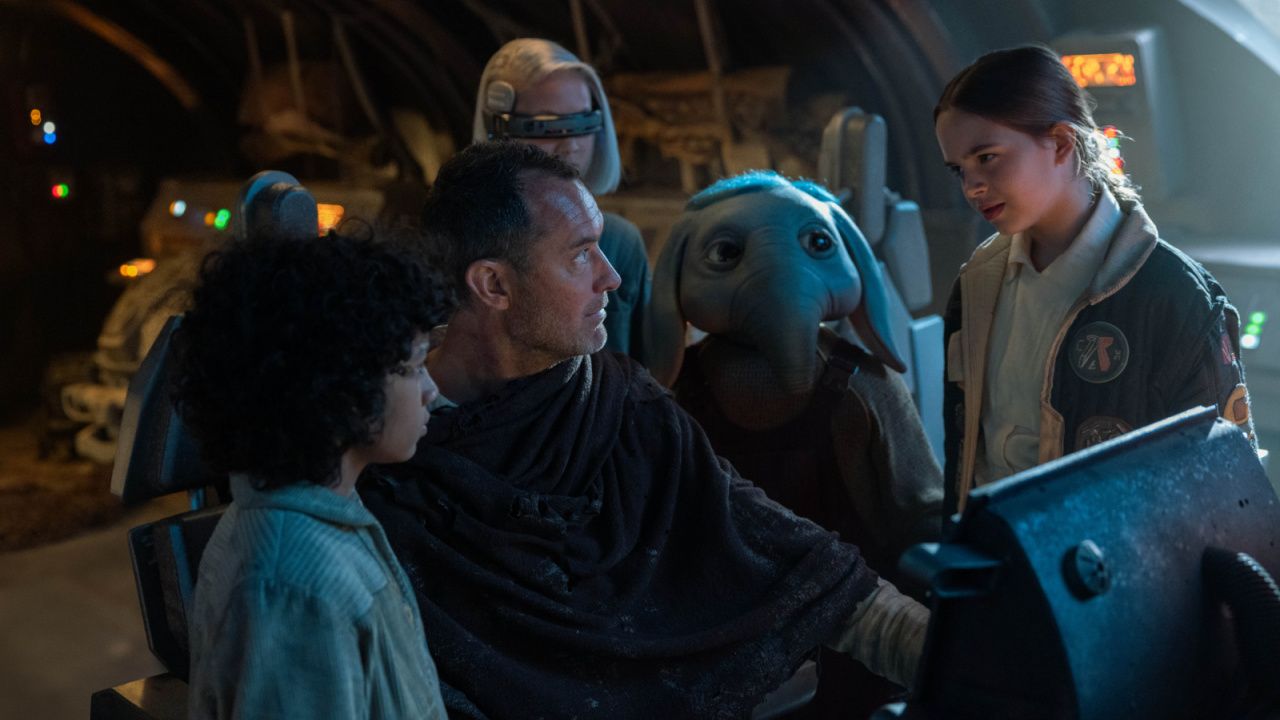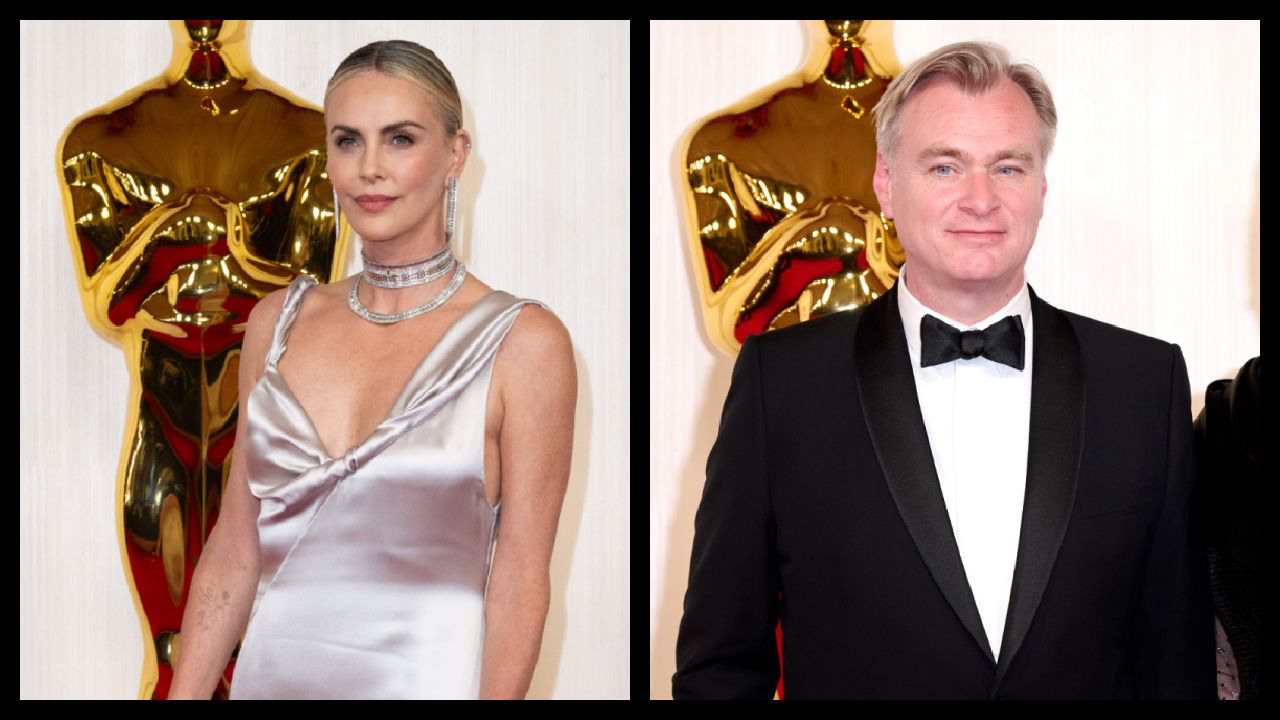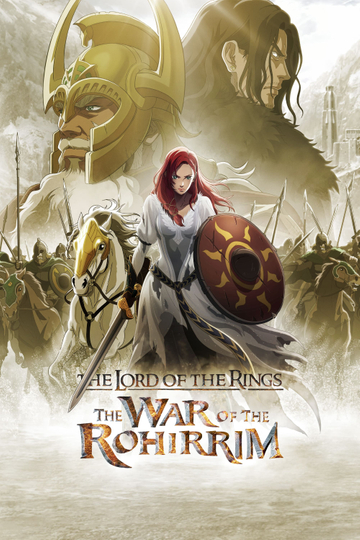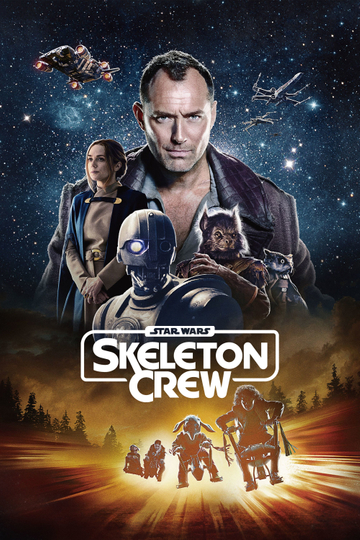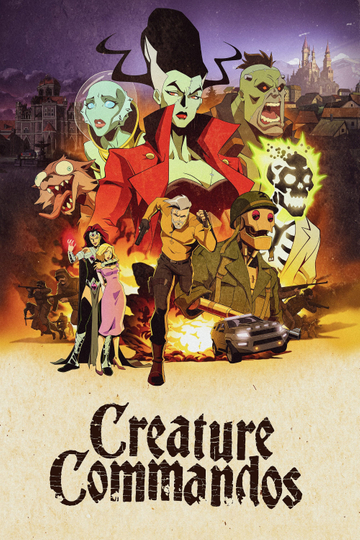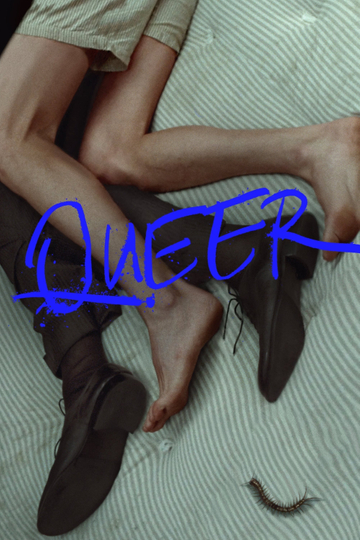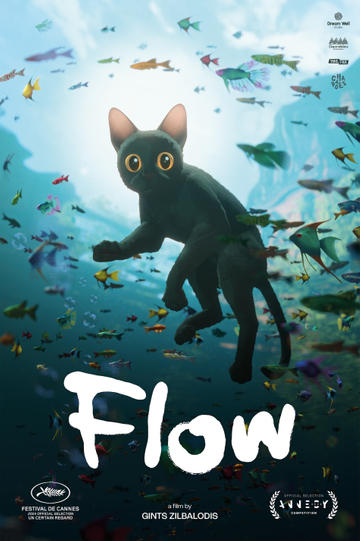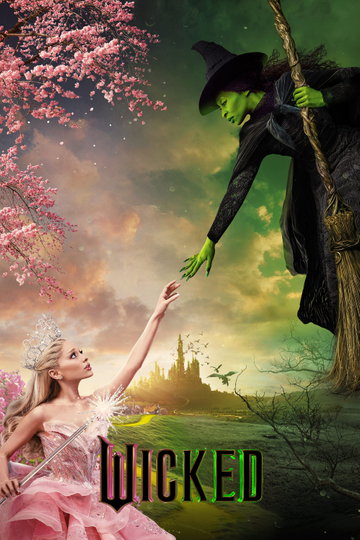Why 'The Monster Squad' Is Better Than 'The Goonies'
Thirty years ago, in 1987, Fred Dekker's "The Monster Squad" was unleashed in theaters nationwide, coming just two years after the similar "young kids discover mysterious artifact" romp "The Goonies." One of those films was elevated to the level of beloved classic, while the other limped along in half-forgotten cult classic obscurity, only occasionally being released on home video or streamed. But here's the thing that will only become more apparent as the years roll on: "The Monster Squad" is a much better movie than Richard Donner's lil' swashbuckler.
It's More Relatable
"The Goonies" is set in an area of Oregon known as the "Goon Docks." It makes for great atmosphere and for a rousing opening sequence along the water, but with its misty, forested hills and eerie vibe, it feels as alien and odd as "Twin Peaks." It's an odd disconnect, especially since the movie is cut from the same Amblin cloth as things like "E.T." and "Poltergeist" -- films that, no matter where they were set, felt like they were happening down the street from your neighborhood home.
With "The Monster Squad," it is both set in small town America and actually feels like it, too. Much of it, especially towards the end, was filmed in the old Universal back lot (perhaps most memorably utilized in "Back to the Future") and even that use of an iconic set gives it the sensation of familiarity. And I know what you're thinking -- so what if it's relatable? These are crazy stories full of fantastical situations and outlandish characters. But that's precisely why the believability is so important. By grounding an outré story in something mundane then it makes everything (whether it's a pirate ship or a gaggle of famous monsters) that much more plausible, which translates into bigger stakes and greater drama. But how gorgeous is the Pacific Northwest?
It's Funnier
People sometimes cite a movie being quotable in relation to just how funny it is. They would argue it's the mark of a truly classic comedy, if you can whip out a line of dialogue in real life, applying it to an everyday situation. And while it's uncertain how often you would encounter such an event, I've heard "The Monster Squad's" iconic "Wolf Man's got nards" lines more times than I can count. But "The Goonies" has, what, "Hey you guys?" Not only is this line not very specific, it's also uttered by a weird mutant guy who the kids unearth on their quest and not spoken by one of the kids themselves.
In other words, the dialogue comes from something uncanny that they've discovered on their quest, not their reaction to something uncanny they've discovered on their quest. It's like if "Aren't you a little short for a Stormtrooper?" was uttered by the Death Star and not Princess Leia. It loses its oomph. Anyway, it's not just the "Wolf Man nards" line that is so funny, with Rudy, the cool kid who wants to be a part of the titular club, jugging not only the inherent goofiness of the other kids but the otherworldly stakes.It's Smarter
The story for "The Goonies" was apparently conceived by Steven Spielberg (more on his involvement in a minute) and written by Chris Columbus, whose spec script for "Gremlins" eventually became a film produced by Spielberg. And while Columbus (especially in those early days) was capable of putting together a nifty genre movie, his script for "The Goonies" often meanders without much in the way of payoff. (If you want to know how truly unwieldy this thing was, you should watch the deleted scenes on the home video releases of the film. The "huh?" factor increases exponentially when you take a gander at that giant octopus sequence.)
"The Monster Squad," by comparison, is cut to the bone. It's all killer, no filler, quickly introducing characters both human and inhuman and rocketing them towards a satisfying climax. Speed isn't necessarily an indicator of intelligence, but the way that the movie is put together, with so many disparate pieces so elegantly coming together, is. Much of this has to do with the screenplay by a young Shane Black, who was in the process of taking over Hollywood with his huge script sales and whip-smart dialogue. That commitment to irreverence is evident in "The Monster Squad," from the very first moments, which recount an attempt to vanquish ancient evil that ends in the words "... They blew it."
It's Riskier
Some have argued that Spielberg micromanaged director Donner on the set of "The Goonies" to the point that, as it's been said about "Poltergeist," he should have received the director's credit himself. And, honestly, that shows in the final product. It feels safe; its edges have been sanded down. There's something wilder, looser, and riskier about "The Monster Squad." It's the rare movie aimed towards family audiences that feels like one of the kids could potentially die before the end credits roll. And that is awesome.
The more mature tone and the movie's willingness to take chances is set up earlier in the movie when a "Scary Germany Guy" in the kids' neighborhood turns out to be a holocaust survivor (he's got the numeric tattoo on his arm). This adds to the wild unpredictability of the movie, particularly as it barrels towards its finale. Monsters who are established as potential big bads are discarded unceremoniously, while others who you think would have died off earlier come back to have a pivotal role. There's nothing better than being completely surprised by a movie, and that happens far more often in "The Monster Squad" than it does in comparatively tamer "The Goonies."
It Has Monsters
This cannot be stated enough: "The Monster Squad" features a ton of famous monsters. In fact, it has the core roster of Universal Monsters, although their designs and sometimes their names were changed to avoid copyright infringement (since this was a TriStar movie). Not only are the new designs for these characters truly incredible, overseen by some of the best and brightest in the business, including the legendary Stan Winston. And the monsters add something to the movie's metaphoric value.
Both "The Goonies" and "The Monster Squad" are about growing up, and the pain that is associated with that transition. Each uses some kind of oversized, genre-based aspect to buttress up against that progress and cause the characters' accelerated growth. In "The Monster Squad," though, the antagonists mirror what the characters are going through in a more overt way (since the creatures also literally transform). It's just lovely. And while it feels like the monsters are more disconnected from reality than, say, gangsters or mutants or whatever else is going on in "The Goonies," they actually mirror the characters' struggle with greater depth and dimension.
The Monster Squad
